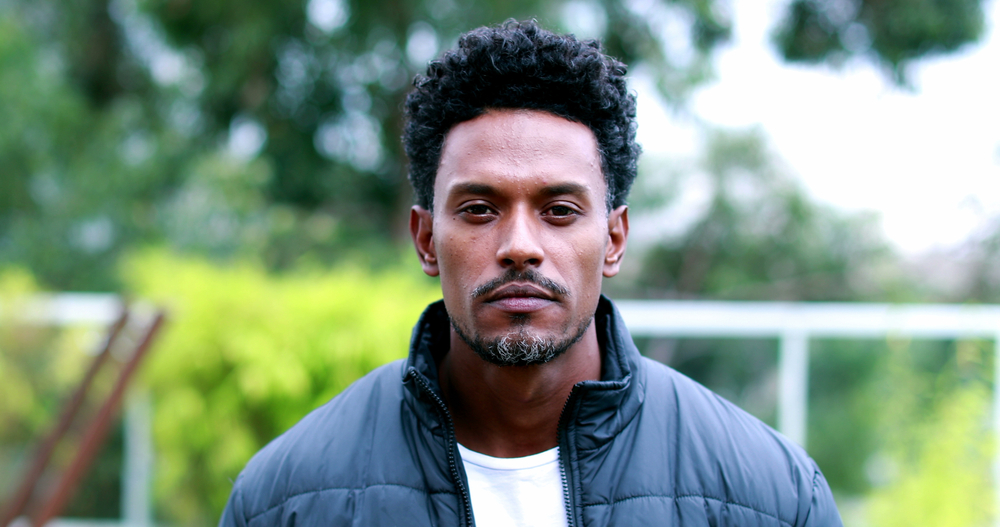Everyone has felt that sting of resentment at some point in life. Maybe someone let you down, betrayed your trust, or just didn’t appreciate you. Usually, that feeling fades, but sometimes, resentment can fester and turn into a beast that gets the better of you. It eats away at your happiness and poisons your relationships. So, how do you know if you’re stuck in that cycle? Here are some signs to watch out for.
1. You can’t stop replaying the past.

You keep going over and over the hurtful events, conversations, or actions in your head. It’s like a broken record that won’t stop playing. Maybe you dwell on those moments when you felt wronged, replay arguments in your head, or constantly relive past hurts. This rumination doesn’t just keep the pain alive, it also prevents you from moving forward and finding peace.
2. You feel bitterness towards the person who hurt you.

This bitterness isn’t just a fleeting feeling, it’s a deep-seated anger that simmers beneath the surface. You might feel like you can’t forgive them, or that they don’t deserve forgiveness. This bitterness can poison your thoughts and emotions, making it difficult to focus on the positive aspects of your life.
3. You’re constantly complaining or venting about them.

You might find yourself constantly talking about how you’ve been wronged, and sharing your grievances with anyone who will listen. Venting can be cathartic in small doses, but if it becomes your main topic of conversation, it’s a sign that resentment is taking over, Scientific American notes. It’s like you’re stuck in a loop, reliving the hurt over and over again.
4. You feel like you can’t move on.

Resentment can be like a heavy anchor, holding you back from healing and moving forward. You might feel stuck in the past, unable to let go of the hurt and anger. This can manifest as a reluctance to forgive, an inability to see the other person’s perspective, or a refusal to engage in any kind of reconciliation.
5. You’re passive-aggressive towards them.

When you’re feeling resentful, it can be tempting to express your anger in subtle, indirect ways. You might make sarcastic comments, withhold affection, or engage in silent treatments. But this passive-aggressiveness only fuels the fire of resentment and prevents honest communication.
6. You avoid them whenever possible.

Maybe you dodge their phone calls, make excuses not to see them, or simply go out of your way to avoid any interaction with them. This avoidance might feel like self-preservation, but it can also perpetuate the cycle of resentment. It prevents you from addressing the issue directly and finding a way to move forward.
7. You wish for them to fail or suffer.

This is a dark side of resentment that many people don’t like to admit. But when you’re deeply hurt or angry, you might find yourself secretly wishing for the person who wronged you to experience some kind of misfortune. This kind of negativity is toxic and only serves to keep you trapped in the cycle of resentment.
8. You compare yourself to them.

Resentment can fuel unhealthy comparisons, per Psychology Today. You might find yourself constantly measuring your own life against theirs, focusing on their successes while dwelling on your so-called failures. This kind of comparison is a recipe for self-doubt and can further deepen your feelings of resentment.
9. You bring up past hurts in unrelated arguments.

Ever find yourself suddenly bringing up something that happened months or even years ago during a fight about something entirely different? This is a classic sign of unresolved resentment. It’s like those old wounds are just waiting to be reopened at the slightest provocation. It’s a destructive pattern that prevents you from focusing on the current issue and finding a resolution.
10. You feel a sense of satisfaction when they fail or struggle.

This is a tough one to admit, but it’s a common symptom of deep-seated resentment. When someone has hurt you deeply, it’s natural to feel a sense of vindication when they experience setbacks. But this kind of schadenfreude isn’t healthy and can keep you trapped in a cycle of negativity. Remember, wishing for someone else’s misfortune won’t heal your own wounds.
11. You’re hesitant to celebrate their successes.

Maybe they got a promotion, bought a new house, or accomplished something they’ve been working towards. A supportive friend would be happy for them, but your gut reaction is a bitter sting of envy or annoyance. This reluctance to celebrate their good fortune is a clear sign that you’re still holding on to resentment.
12. You find it difficult to trust them, even in small things.

Perhaps they say they’ll pick you up at 7 pm, but you secretly doubt they’ll be on time. Or they offer to help you with something, but you suspect they have ulterior motives. This constant suspicion and distrust can erode the foundation of any relationship, even if the initial hurt wasn’t directly related to trustworthiness.
13. You find yourself fantasizing about revenge.

We’ve all had those moments where we imagine a scenario where the person who hurt us gets their comeuppance. But if these revenge fantasies become a frequent occurrence, it’s a sign that resentment is eating away at you. These thoughts aren’t productive and only serve to keep you focused on the past hurt.
14. Your physical health is suffering.

Resentment doesn’t just affect you emotionally, it can also take a toll on your body. You might experience headaches, digestive problems, insomnia, or even a weakened immune system. This is because chronic stress and anger can wreak havoc on your physical health. If you’re noticing these symptoms, it’s important to address the underlying resentment.
15. You feel stuck and unable to move forward.

Resentment can be like a dark cloud that hangs over your life, preventing you from experiencing joy and fulfillment. It can rob you of your energy, motivation, and even your ability to form healthy relationships. If you feel like you’re stuck in a rut, unable to move past the hurt, it might be time to seek professional help to process your emotions and break free from the cycle of resentment.
Enjoy this piece? Give it a like and follow PsychLove on MSN for more!




